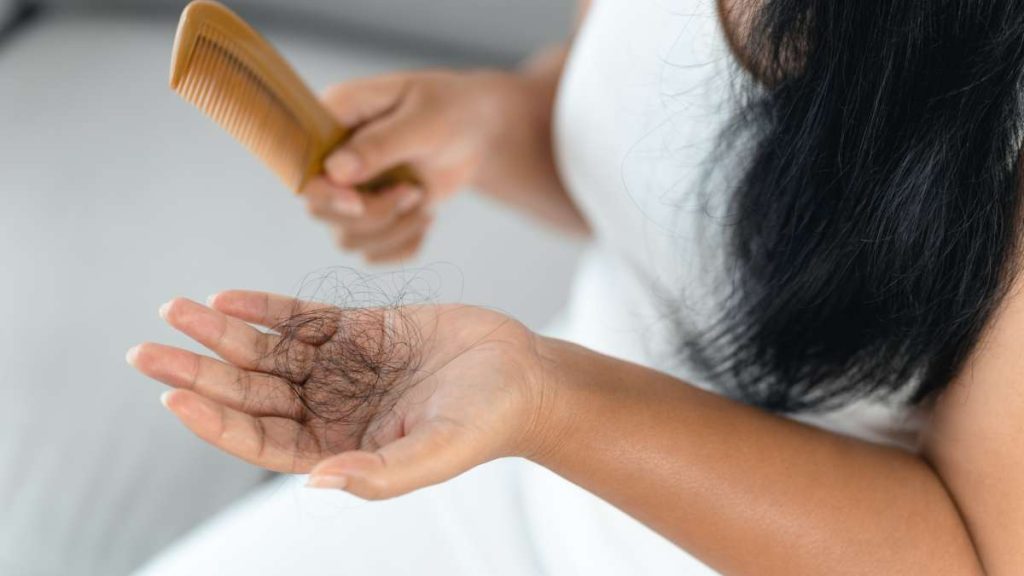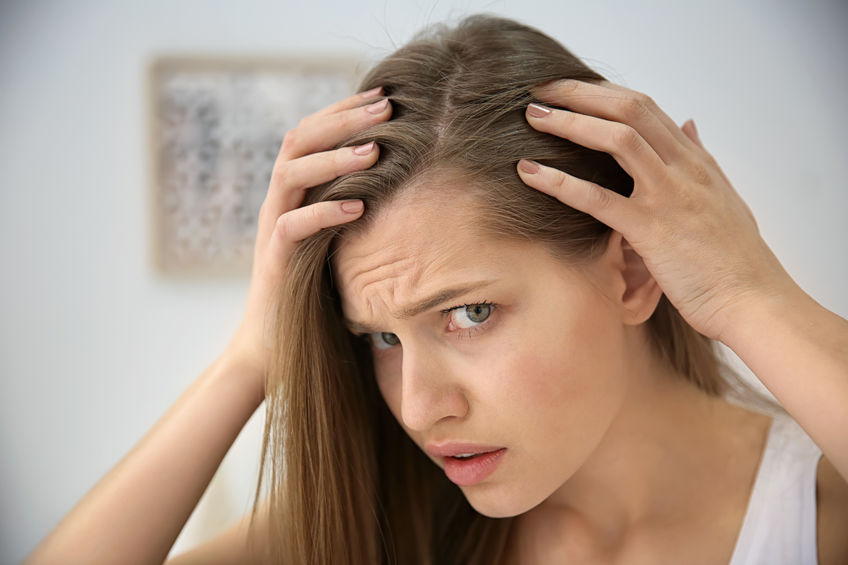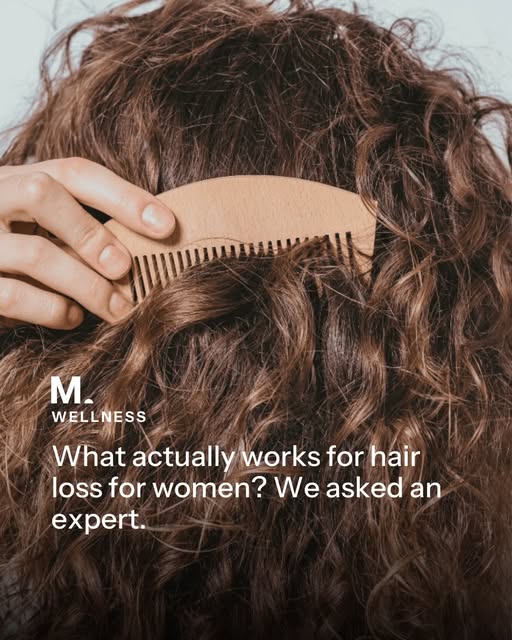Experiencing hair loss can be a distressing ordeal for many women, impacting self-esteem and overall well-being. It’s a prevalent issue, with approximately 40 to 50 percent of women in Australia facing some degree of hair thinning or shedding during their lifetime. Understanding the underlying causes and exploring effective strategies can help manage and potentially reverse hair loss.
Understanding the Causes of Hair Loss in Women
Hair loss in women can result from various factors, including hormonal changes, nutritional deficiencies, stress, and certain medical conditions. Hormonal fluctuations, particularly during pregnancy or menopause, can significantly impact hair health. For instance, decreased estrogen levels during menopause can shorten the hair growth phase, leading to increased shedding. Additionally, deficiencies in essential nutrients like iron, vitamin D, iodine, and zinc can contribute to hair thinning.
Nutritional Strategies to Combat Hair Loss
A balanced diet plays a crucial role in maintaining healthy hair. Incorporating foods rich in protein, omega-3 fatty acids, and essential vitamins and minerals can support hair growth and strength. Lean meats, fish, beans, and flaxseeds are excellent sources of protein and omega-3s. Ensuring adequate intake of iron and vitamin D is also vital, as deficiencies in these nutrients are linked to hair loss. Consulting with a healthcare provider to assess and address any nutritional deficiencies is advisable.

Importance of Scalp Health and Hair Care Practices
Maintaining a healthy scalp is fundamental to preventing hair loss. Regular cleansing, approximately three to five times a week, helps remove excess oil and debris that can clog hair follicles. Using shampoos containing beneficial ingredients like amino acids, niacinamide, biotin, and caffeine can promote scalp health and stimulate hair growth. Additionally, gentle hair handling, avoiding excessive heat styling, and minimizing tight hairstyles can reduce hair breakage and loss.
Medical and Professional Treatments
For some women, medical interventions may be necessary to address hair loss effectively. Medications such as minoxidil have been shown to stimulate hair growth and are available in topical and oral forms. It’s essential to consult with a healthcare professional before starting any medication to ensure it’s appropriate for your specific condition. In cases where hair loss is linked to hormonal imbalances or other underlying health issues, addressing the root cause is crucial for effective treatment.
Lifestyle Modifications and Stress Management
Stress is a known contributor to hair loss. Implementing stress-reducing techniques such as yoga, meditation, or regular physical activity can have a positive impact on hair health. Ensuring adequate sleep and maintaining a balanced lifestyle further support overall well-being and can help mitigate hair loss.
When to Seek Professional Help
If you notice significant hair shedding, bald patches, or changes in hair texture, it’s advisable to seek professional guidance. A trichologist or dermatologist can perform a thorough assessment to determine the underlying cause of hair loss and recommend appropriate treatments. Early intervention can prevent further hair loss and improve the effectiveness of treatment strategies.

Conclusion
In conclusion, while hair loss in women is a common and often distressing condition, understanding its causes and implementing a comprehensive approach that includes nutritional support, proper hair care practices, medical treatments, and lifestyle modifications can effectively manage and potentially reverse hair thinning. Consulting with healthcare professionals ensures that any underlying health issues are addressed, paving the way for healthier hair and improved quality of life.

















